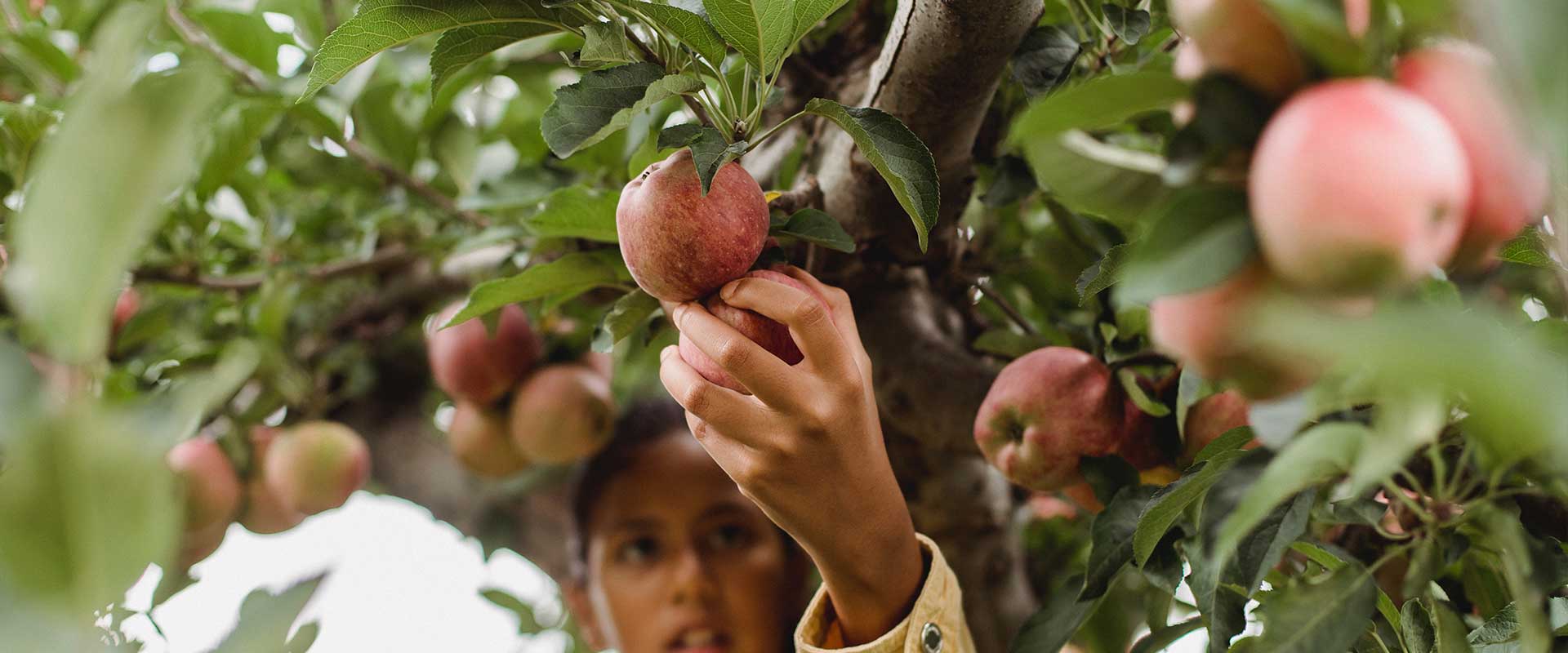Te Kapa o Te Reureu: Keeping the Home Fires Burning
July 2024
Te Matatini has ensured kapa haka is now a well-recognised form of national entertainment, but this has led to some debate about tradition and contemporaneity, and performance versus deeper politico-cultural kaupapa.
While our research initially focussed on the role of ahi kā in negotiating a social licence to farm, a case study based in Te Reureu Valley (Manawatū, Aotearoa/New Zealand) highlighted ways in which they also promoted resilience through kapa haka. When tended by ahi kā, kapa haka (re)forged those crucial relationships between awa, whenua and whānau, and strengthened collective efficacy and political literacy.
We conclude that ahi kā play a key role in tending practices like kapa haka so as to help Māori negotiate challenges associated with land loss, fractured land ownership and the underutilisation of land and navigate complex political contexts.
 View Our Strategy Document 2019 – 2024
View Our Strategy Document 2019 – 2024



